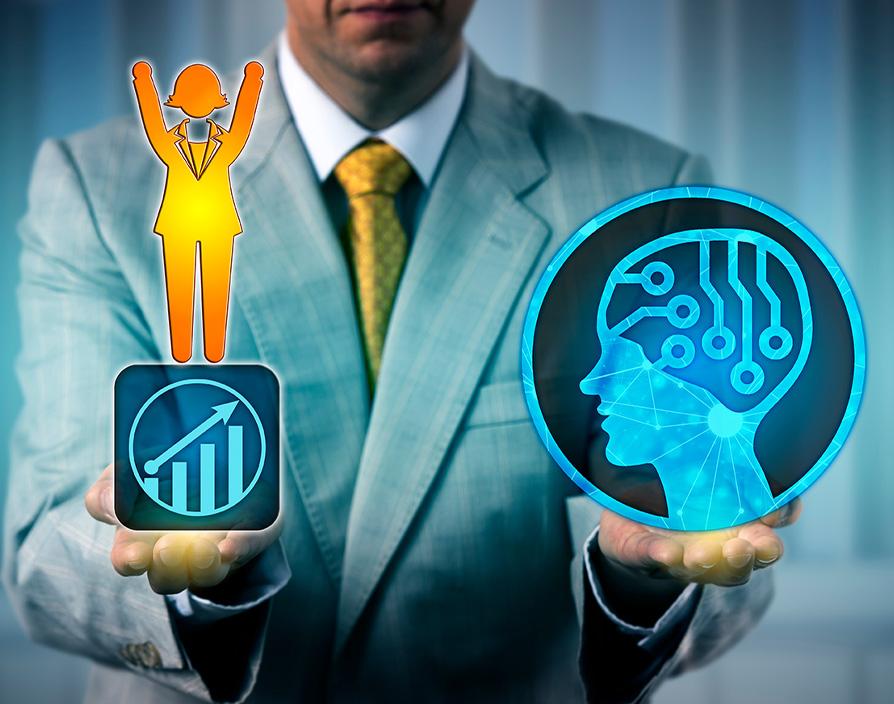HR teams are often perceived as procedural and somewhat traditional in their approach, but they are becoming increasingly forward-thinking and technologically astute. Latest research with 400 U.K. HR professionals reveals that over half (52 per cent) are already using artificial intelligence (AI) or are seriously considering implementing it in the near future.
Clearly the huge potential of AI is not passing HR professionals by, with their interest no doubt peaked by generative AI and in particular ChatGPT. It’s undeniable that this next level technology has been making waves over the past year, disrupting traditional industries and changing how we think about new technology. In fact, for HR leaders, AI has the potential to be transformative, with its advanced machine learning and clever algorithms allowing them to make smarter decisions, automate processes and improve productivity.
Gartner expects generative AI solutions to become embedded in current and new HR technologies in the next one to three years, and IDC even predicts that by 2024, 80 per cent of the 2000 largest organisations in the world will be using AI-enabled “managers” to hire, fire and train employees. We’re already seeing organisations using AI to interact with candidates, evaluate CVs and automate routine customer interactions and processes.
However, there is still much to navigate and consider before AI is fully embedded into HR departments. For instance, given the potential biases, it’s doubtful that most organisations would be happy for new hires to be fully recruited and onboarded by AI. The loss of the human in HR is not what leaders are seeking, but rather a means to automate the mundane and inform decision-making through leveraging big data.
There are other key considerations of course, such as overcoming security issues, risks of hallucinations and privacy concerns. Can you be sure that AI isn’t exhibiting racism and sexism in its decision making, for instance? After all, AI is only as good as the information it learns from, and prejudices are inherent throughout the internet. Plus, harnessing AI while ensuring that confidential and sensitive information remains ring-fenced, can prove a tricky balancing act.
Getting the most out of AI also means upskilling employees to leverage it effectively. Although many commentators are predicting that AI won’t take jobs, workers might still be pushed out by those who know how to use AI. This means that organisations need to adapt and embrace this next technology, otherwise they’ll risk falling behind. And this is particularly true of HR teams in traditionally ‘deskless’ industries such as manufacturing, construction, leisure and hospitality. The research suggests that they are slower adopters of AI with less than half (49 per cent) currently using it or considering using it in the next 12 months.
AI can’t be ignored, and HR teams are increasingly using its advanced capabilities to improve efficiencies, reduce costs and provide valuable insights. For those HR professionals yet to consider an AI way of working, it’s time to sit up and take notice. AI is the future – you can’t hit pause.
Share via:









































